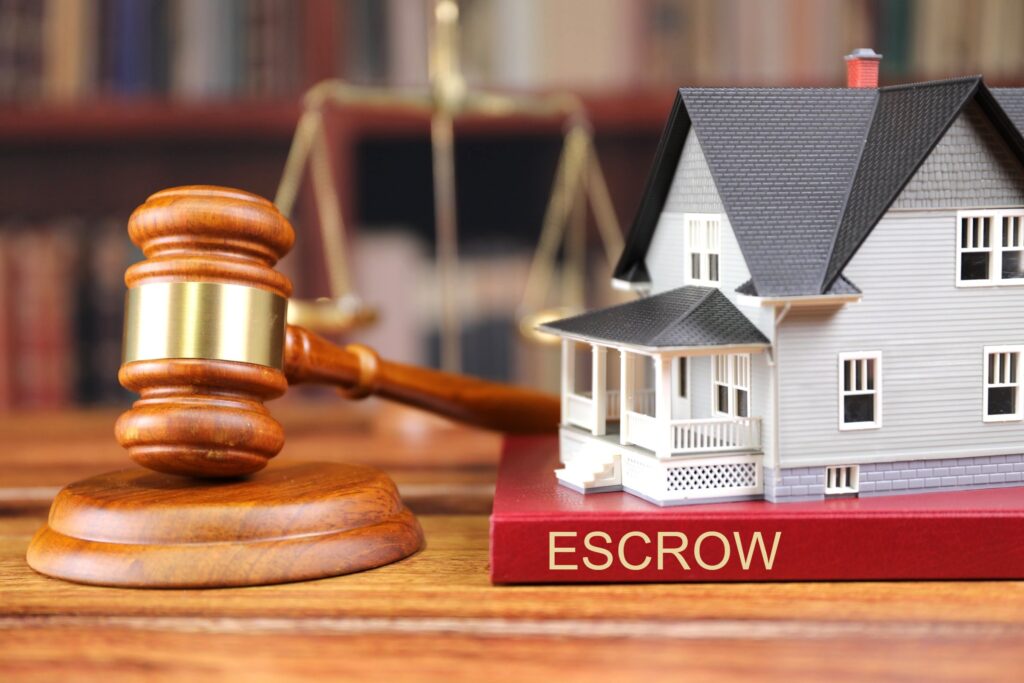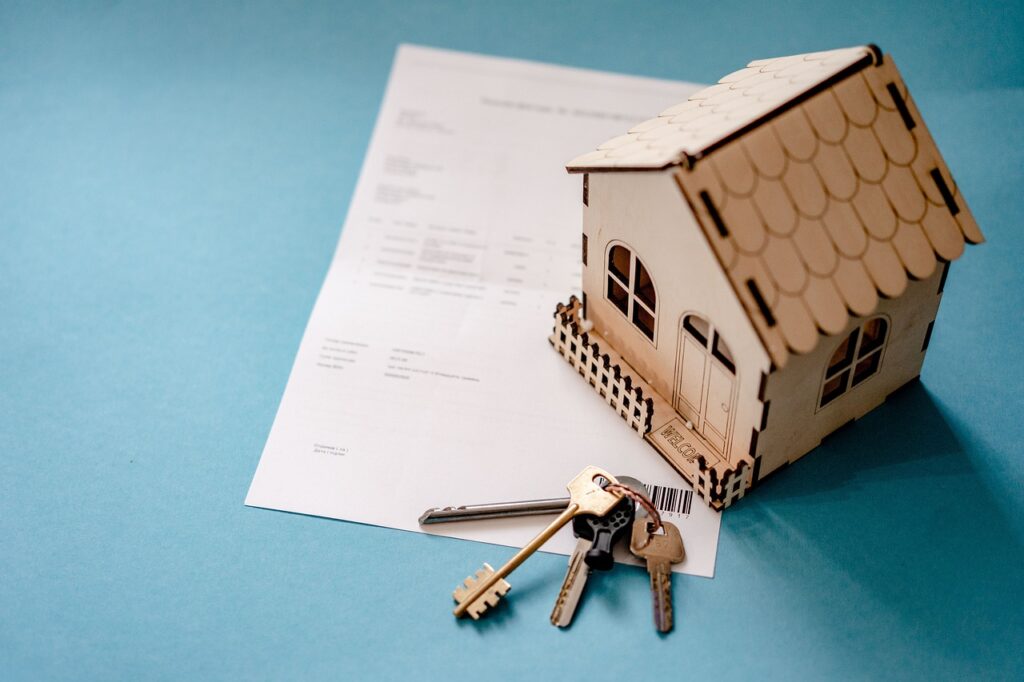When purchasing a home abroad, most people do not pay the full amount in cash but instead take out a loan. One of the most common loan methods for home purchases is the Conventional Mortgage. This type of loan is provided by private banks or financial institutions without any government guarantees, offering various benefits if you meet the loan requirements.
In this article, we will explain exactly what a conventional mortgage is, its advantages and disadvantages, the eligibility requirements, and how to use a conventional mortgage when purchasing property abroad.

What is a Conventional Mortgage?
A Conventional Mortgage is a type of loan provided by private financial institutions without government backing. It is one of the most commonly used home loans in the U.S. Unlike government-backed loans such as FHA (Federal Housing Administration) or VA (Veterans Affairs loans), there is no direct government involvement in conventional mortgages. Instead, the loan amount and terms are determined by the bank or financial institution, based on the borrower’s credit status and market conditions.
Types of Conventional Mortgages
There are two main types of conventional mortgages.
- Fixed-Rate Mortgage
- A fixed-rate mortgage has an interest rate that remains the same throughout the loan term.
- In other words, the monthly payments stay consistent, providing predictable expenses for the borrower while avoiding the risk of rising interest rates.
- Common loan terms include 15, 20, or 30 years.
- Adjustable-Rate Mortgage (ARM)
- An adjustable-rate mortgage starts with a fixed interest rate for the initial period, but after a few years, the rate adjusts based on market conditions.
- While ARMs often offer lower rates initially, they come with the risk of higher payments if interest rates increase.
Pros and Cons of a Conventional Mortgage
Like any financial product, conventional mortgages have both advantages and disadvantages, which must be clearly understood before choosing the right loan.
Pros:
- Variety of Choices:
- Borrowers can customize loan amounts, terms, and interest rates to suit their financial situation.
- Lower Interest Rates:
- For those with good credit and stable income, conventional mortgages often offer better rates than government-backed loans.
- PMI Waiver:
- If the borrower makes a down payment of at least 20%, they can avoid paying Private Mortgage Insurance (PMI), which is required for smaller down payments.
Cons:
- Stricter Credit Requirements:
- Conventional mortgages generally require a higher credit score and income compared to government-backed loans.
- Typically, a minimum credit score of 620 is needed.
- Higher Down Payment:
- Conventional loans often require a down payment of 5% to 20%, which is higher compared to government-backed loans.
- PMI Requirement:
- If less than 20% is put down, borrowers must pay for PMI, which adds to the monthly costs.
Eligibility Requirements for a Conventional Mortgage
To qualify for a conventional mortgage, borrowers must meet several key criteria, including credit score, income, and debt-to-income ratio (DTI).
- Credit Score:
- Most lenders require a minimum credit score of 620.
- The higher the score, the lower the interest rate you can secure.
- Down Payment:
- A down payment of 5% to 20% is typically required.
- A 20% down payment will waive the need for PMI.
- Debt-to-Income Ratio:
- The borrower’s DTI, which measures monthly debt payments relative to income, should generally be 43% or less.
- Proof of Income:
- Stable income is essential, and borrowers must provide income verification such as pay stubs or tax returns.
Using Conventional Mortgages for International Property Purchases
Conventional mortgages can be used for purchasing property overseas in some cases, particularly in countries like the U.S. where they may be available to foreign investors.
This can be a great option, but foreign investors should be aware of the potential challenges.
- Foreign investors may need to provide additional documentation or make larger down payments.
- Lenders may impose higher interest rates on foreign buyers.
- It is crucial to understand the local laws in the target country, as some countries restrict real estate loans for foreign investors.
Conclusion
A conventional mortgage can be an excellent option for foreign investors looking to purchase property abroad, provided they have a good credit score and can make a sufficient down payment. With lower interest rates and flexible loan terms, it offers a viable way to finance real estate purchases.
Also Read:
https://www.investopedia.com/terms/e/eps.asp
https://www.stockguidebook.com/zoning-explained-how-it-determines-real/




